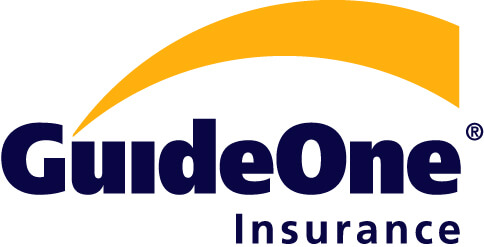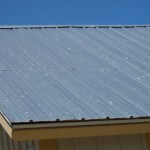
On August 27, 2015, the Fifth Court of Appeals, Dallas, Texas denied GuideOne National Insurance Company’s petition for writ of mandamus in our bad faith insurance litigation against them. The petition stems from an action in the trial court wherein the insurance company asked the judge to compel an appraisal of our client’s commercial property.
The plaintiff’s property sustained both fire damage and wind and hail damage. GuideOne paid part of the fire damage claim but refused to pay the wind and hail claims. In an attempt to resolve their dispute over the wind and hail damage claims, the parties mediated; however, mediation proved unsuccessful.
Subsequent to the failed mediation, the insurer sought to invoke a portion of its commercial insurance policy provision that provides, “If the Named Insured and the Company fail to agree on the amount of the loss, the Company can demand that the amount of loss be set by appraisal.” The insurer wanted an independent appraisal undertaken to determine the amount of property damage. However, the court found that appraisals of this kind are intended as a pre-suit remedy and must be timely invoked, and that by waiting until after litigation had proceeded through a mediation, GuideOne invoked appraisal too late.
Dissatisfied with the trial court’s ruling, GuideOne sought interlocutory relief in the appellate court system. The Dallas Court of Appeals found that the insurance company had waived appraisal when it waited until after mediation to invoke this right under the policy.
This insurance law ruling by an appellate court is significant because it sets down more precedent for the timeframe within which an insurer will be reasonably allowed to request an appraisal. This ruling appropriately finds in favor of the insured, and protects a consumer’s right against insurance company bad faith practices.


